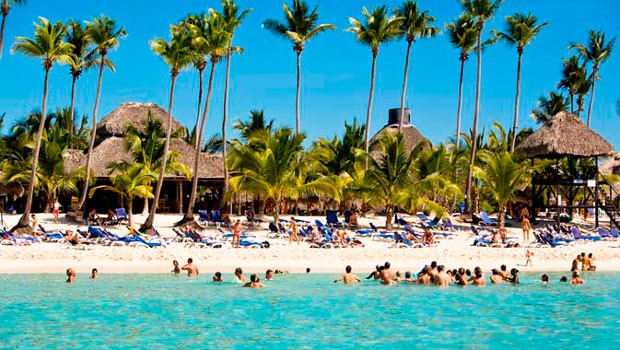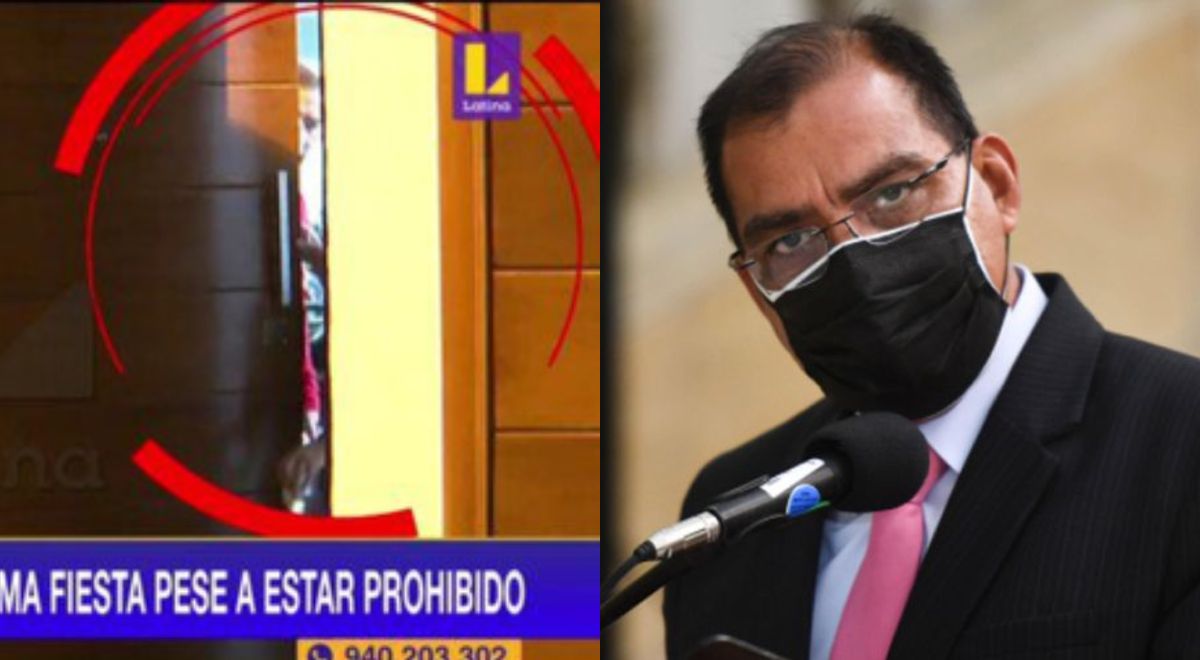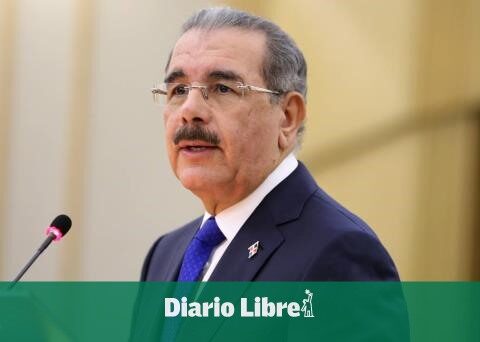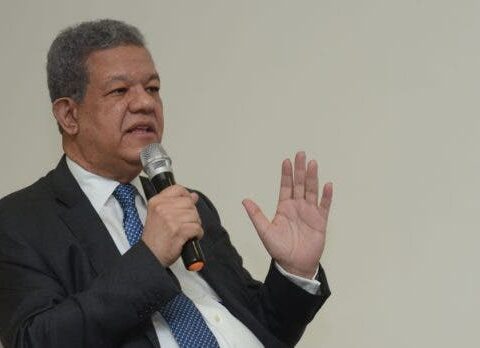Enrique de Marchena, an expert jurist in tourism and foreign investment, warned the Senate of the Republic “to be very careful and study well” the bill that aims to eliminate incentives for the tourism industry.
A strategy that has been “very successful” and made important contributions to development in the last two decades and is today one of the main supports of the economy.
He pointed out that the success of these incentives shows that they have contributed to the country in the last 20 years close to US $ 7.5 billion in domestic and foreign direct investment and eliminating them would castrate the possibilities of a promising development in the Pedernales, El Seibo provinces (Miches ) and María Trinidad Sánchez (Playa Grande, Cabrera and Nagua).
When participating in Telesistema’s El Día program, De Marchena explained that these incentives were approved with the purpose of attracting investment to promote the development of the tourism sector and their elimination cannot be done lightly.
De Marchena said: “So, suppose we went crazy and the incentives are repealed, especially the law to encourage tourism, what we are doing is affecting the future, not the present”; and he specified that for each peso in tourism incentives “the value chain of the tourism sector has produced nine pesos to the Treasury. That is what it means that for each peso of fiscal sacrifice, nine pesos are produced in favor of the State ”.
He said that in the 2009-2019 period, the tourism sector created more than 575 thousand jobs, which tells you that it is the most dynamic productive activity in the country.
Incentives for tourism, that is, the State’s investment in the Tourism sector has made us, he stressed, “the main power in tourism in the Caribbean and, with the exception of Mexico, the Dominican Republic is the best located country in tourist terms throughout Latin America. We have a highly competitive hotel plant that is an example throughout the region ”.
He indicated that in the last 20 years under Law 158-01, 445 projects have been approved and a high percentage executed; 50% of which are real estate tourism projects, 32% hotel projects and the remaining 16% complementary offer projects.
“Around 248 of these projects correspond to the Province of Altagracia, where we have a highly competitive hotel plant, an example in all of Latin America, with a complementary tourist offer of envy, and I believe that we must maintain it because it has been part of the success”, de Marchena pointed out.
The successful decisions that drive the economic and social development of the country “cannot be cut off”, and he urged that we make “a very careful analysis of this project that seeks to eliminate incentives,” he said.
He explained that the success achieved with the tax incentives caused all the Central American countries, in addition to Panama, Mexico, Jamaica, Puerto Rico and Colombia to pass similar laws, and now these incentives are a matter of competitiveness in the Greater Caribbean.
He gave as an example that in the province of María Trinidad Sánchez, 10 high-end, large-scale projects were approved and that if the elimination of the current legislation is approved, we would be liquidating the opportunity to promote a tourist region that did not exist as such before the enactment of the law in 2001.
De Marchena also cited the case of Pedernales “which is not going to be developed, in my opinion, without incentives.”
TUNE MANAGEMENT
“I understand that the law of what suffers sometimes is one of a questionable management,” said the renowned expert in foreign investment with extensive experience in tourism.
He also cited as an example that Law 158-01 does not provide incentives for the construction of airports, so that none of the three private terminals operating in the country has incentives.
However, in the last year of President Medina, an airport project was approved and RD $ 4,408 million pesos of tax incentives were granted, despite the report from the Ministry of Finance indicating that this was not a financially sustainable project.








